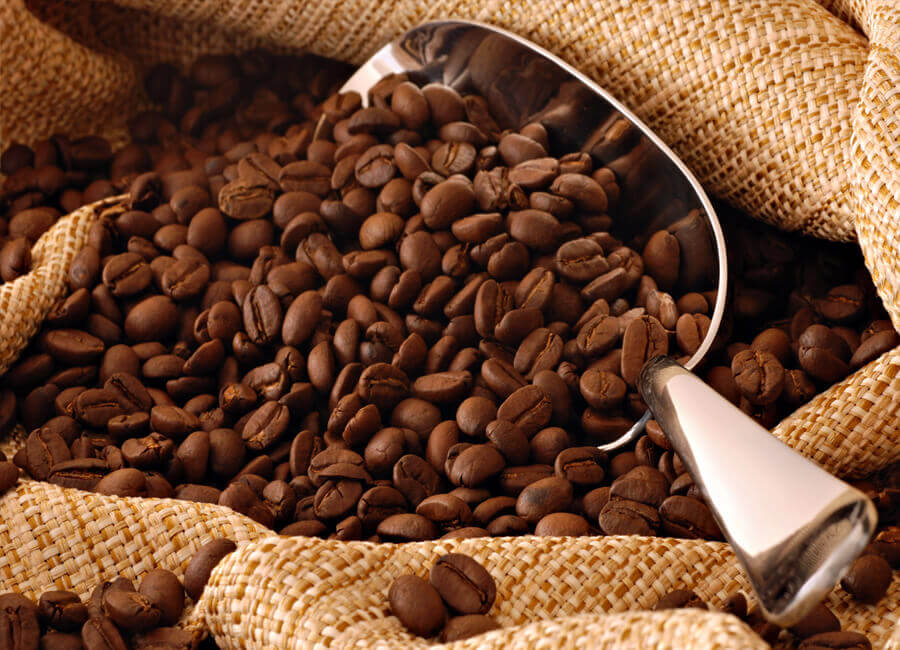If you’re a regular coffee drinker and especially if you’re a regular Beanly coffee drinker then the term arabica beans shouldn’t be something new to you. Many coffee brands these days are making their coffee with arabica coffee beans because they are simply the best coffee beans available.
Arabica beans are known to be the best coffee beans that have a superior taste and texture when compared to other coffee beans like robusta. They have swiftly become widely popular among coffee brands all over the world because true coffee lovers only want to make and drink the best coffee at home. Arabica beans also provide a very consistent and well balanced cup of coffee which is another huge reason why it’s so popular and loved world over.
Today we are going to talk about all things arabica beans and by the end of this you will know why they are the best coffee beans out there and instantly will be tempted to buy them to make delicious coffee at home.

-
The Origins and Cultivation of Arabica Coffee Beans: Arabica coffee beans (Coffea arabica) trace their origins back to the highlands of Ethiopia, where they were first discovered. These beans are known for their delicate nature, requiring specific altitudes, climates, and soil conditions to thrive. Grown primarily in regions with altitudes ranging from 2,000 to 6,000 feet, Arabica beans flourish in locations with cooler temperatures and ample rainfall. Notable Arabica-growing countries include Ethiopia, Colombia, Brazil, Kenya, and Costa Rica.
-
Flavor Profile and Characteristics: Arabica coffee beans are celebrated for their nuanced and complex flavor profiles. These beans tend to have a wide range of flavors, from fruity and floral to nutty and chocolaty. The low caffeine content in Arabica beans contributes to a smoother, less bitter taste compared to their counterpart, Robusta beans. Coffee brewed from Arabica beans often boasts bright acidity, well-balanced sweetness, and a graceful, wine-like complexity.
-
The Impact of Growing Conditions on Arabica Beans: The environment in which Arabica coffee beans are cultivated greatly influences their flavor. Factors such as altitude, soil type, temperature variations, and even the amount of sunlight play a significant role. Higher altitudes often result in slower bean maturation, leading to more concentrated flavors. The term "terroir," borrowed from the world of wine, aptly describes the concept of how the unique geography and climate of a region contribute to the distinct taste of the coffee produced there.
-
Challenges in Arabica Coffee Cultivation: Arabica coffee plants are susceptible to various diseases and pests, making their cultivation a delicate process. The prevalence of challenges such as coffee rust, which can devastate crops, has led to continuous research and efforts to develop disease-resistant varieties. Additionally, the demand for high-quality Arabica coffee has prompted sustainable farming practices and initiatives to support small-scale farmers.
-
The Role of Arabica in Specialty Coffee: Arabica coffee beans are a cornerstone of the specialty coffee industry, which places a strong emphasis on unique flavors, ethical sourcing, and sustainable practices. Many coffee aficionados and baristas appreciate the diverse flavor profiles that Arabica beans offer, allowing for a range of brewing methods and techniques that bring out their distinct characteristics. As a result, Arabica beans are often the choice for competitions and high-end coffee experiences.
:max_bytes(150000):strip_icc()/GettyImages-1165807395-2000-28ea3eaf72f34ddaa97d9a54ca0c6025.jpg)
Conclusion: Arabica coffee beans are much more than just the fuel that jumpstarts your morning. They represent a world of intricate flavors, dedicated cultivation, and a journey through diverse landscapes. From the heights of Ethiopian plateaus to your favorite local café, Arabica coffee beans have left an indelible mark on the coffee culture, captivating the senses and palates of coffee enthusiasts around the globe. So, the next time you savor a cup of coffee, take a moment to appreciate the artistry behind the Arabica beans that make each sip an unforgettable experience.

